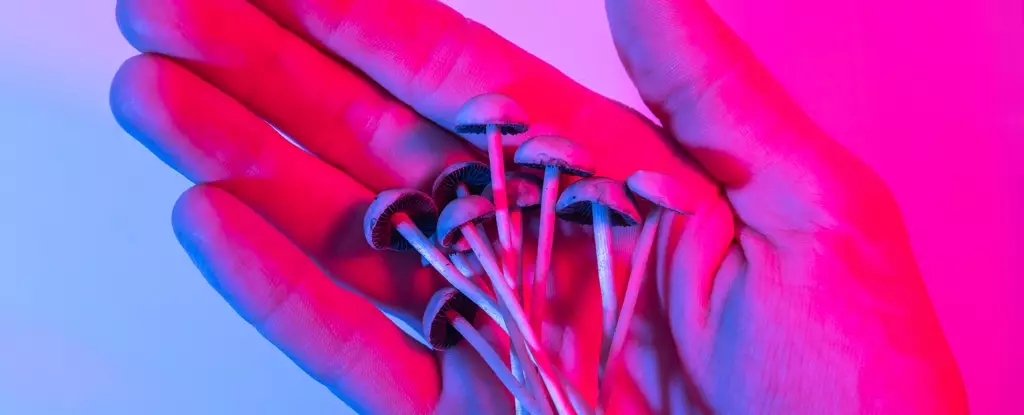The increase in calls to poison control centers related to psilocybin among adolescents and young adults is a cause for concern. Psilocybin, a compound found in “magic mushrooms,” can induce psychedelic experiences that alter perceptions of space and time, leading to euphoria. However, it can also result in serious health effects such as psychosis, hallucinations, delusions, and agitation. Despite being decriminalized in some cities and states, psilocybin is still designated as a Schedule 1 substance under the Controlled Substances Act in the U.S., highlighting its potential for abuse and lack of accepted medical use.
A recent analysis of data from 55 U.S. poison centers between 2013 and 2022 revealed a significant increase in psilocybin-related exposures among young people aged 13 to 25. The number of cases remained relatively stable between 2013 and 2018, but saw a considerable rise starting in 2019, coinciding with the decriminalization of psilocybin in Denver. Subsequent to this, other cities and states followed suit, either decriminalizing or legalizing magic mushrooms.
Rising Number of Cases
The data from the National Poison Data System indicated a sharp increase in psilocybin cases among adolescents and young adults post-decriminalization/legalization. Between 2019 and 2022, the reported cases more than tripled among adolescents and doubled among young adults compared to the pre-decriminalization period in 2018. Additionally, a significant percentage of cases (75.3% for adolescents and 72.1% for young adults) required medical attention, including hospitalization or psychiatric care.
Comparison to Cannabis Legalization
Interestingly, the findings of the study are consistent with a review of cannabis poisoning cases among children and adolescents following marijuana legalization in 1996. This parallel raises concerns about the inadvertent consequences of drug policy changes, particularly when it comes to safeguarding vulnerable populations such as young individuals. Despite age restrictions in place in states and cities where psilocybin has been decriminalized/legalized, the data suggests that young people are still accessing the substance illegally.
As emergency medicine professionals and epidemiologists, it is imperative to address the public health risks associated with psilocybin exposures among adolescents and young adults. The rise in calls to poison control centers signals a growing problem that needs to be addressed through targeted interventions and preventive measures. Education, awareness campaigns, and stricter enforcement of regulations may be necessary to combat the escalating trend of psilocybin-related incidents.
The increase in calls to poison control centers for psilocybin exposures among adolescents and young adults is a matter of grave concern. While decriminalization and legalization efforts aim to shift the focus of law enforcement and enhance access to potential therapeutic agents, it is essential to carefully monitor and address the unintended consequences of such policy changes. Safeguarding the well-being of vulnerable populations, especially youth, should be a top priority in navigating the complex landscape of drug policy reform.


Leave a Reply